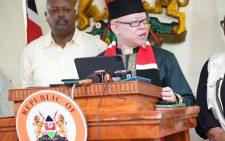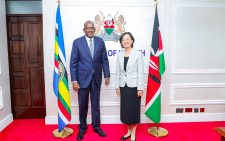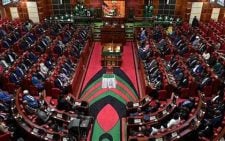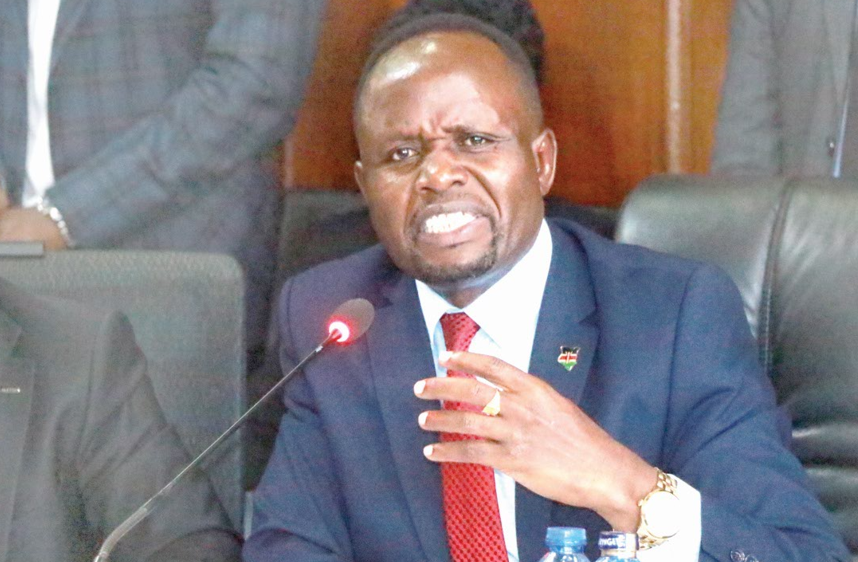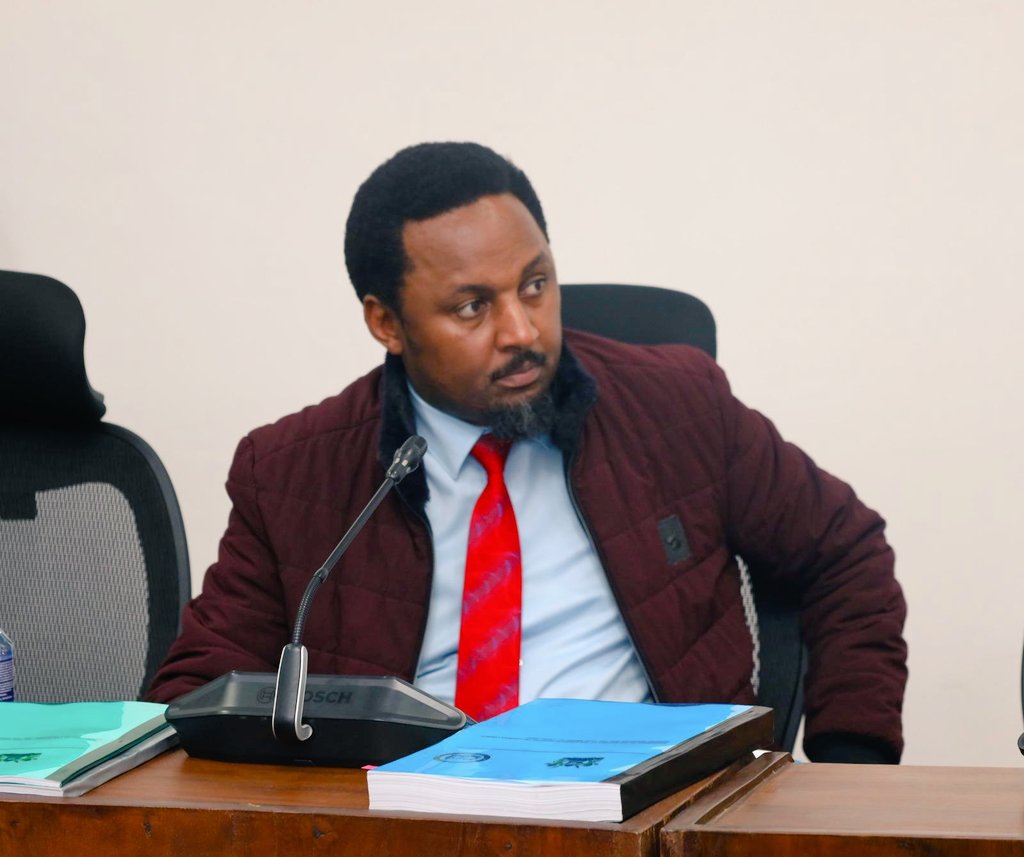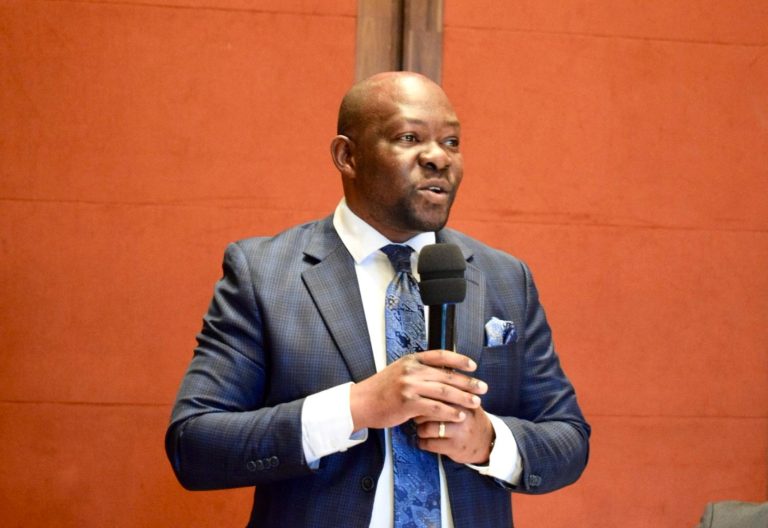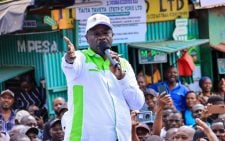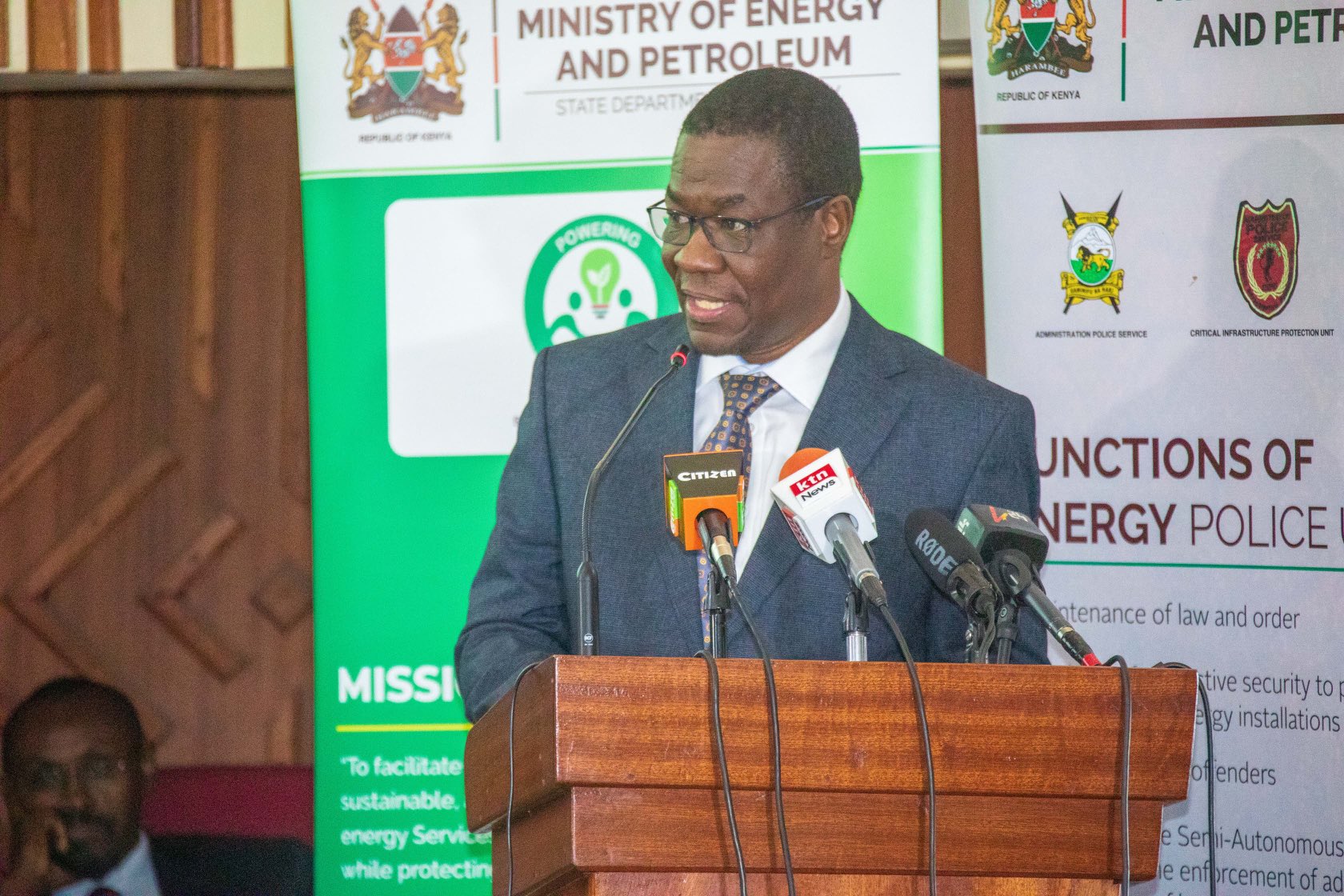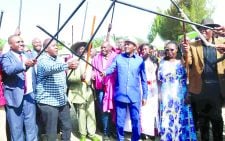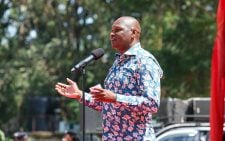Mudavadi, Kalonzo differ over reconstitution of IEBC
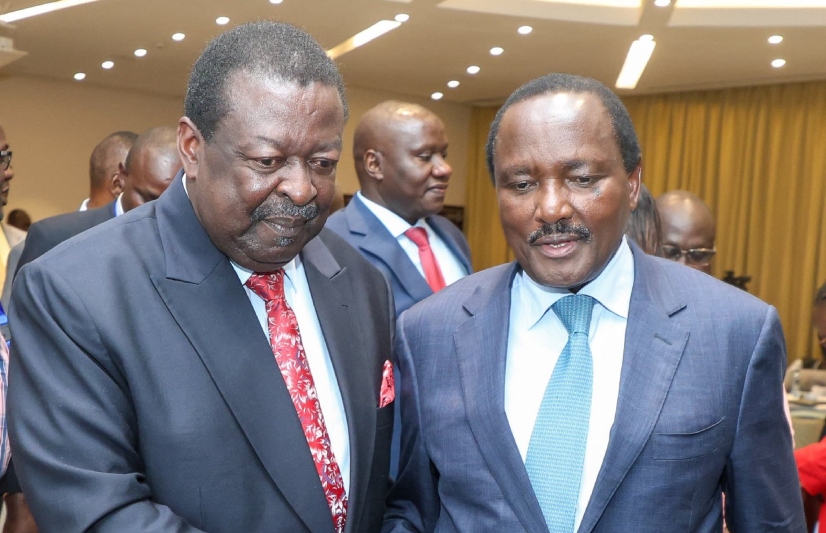
There have been heightened calls for proper reconstitution of Independent Electoral and Boundaries Commission (IEBC).
While Prime Cabinet Secretary, Musalia Mudavadi said the absence of a properly constituted electoral commission poses a huge risk to country’s democracy; Wiper Party Leader Kalonzo Musyoka noted that the country has to rethink IEBC in good time.
Given the dynamic nature of Kenya’s political and socio-economic landscape, Mudavadi said it is necessary that discussion on electoral law reforms begins immediately and that enactment of necessary electoral laws be done at least 12 months before the 2027 General Elections.
“The immediate worry is that the Commission will lag behind in preparing for the 2027 elections. Cumulatively, delay will slow progress in the constitutionally mandatory boundaries delimitation, preparation for mass voter registration process therefore a new Voter Register considering the delimitation and general preparedness for the 2027 election,” said Mudavadi.
With Kalonzo saying: “That should make it clear to everyone that we have to rethink IEBC in good time. I submit that reconstitution of IEBC is a matter of grave national interest and approach it as such.”
Kalonzo, who is also the National Dialogue Committee (NADCO) co-Chairperson, said the reconstitution of IEBC must be an inclusive process not dictated by the Executive or Kenya Kwanza.
According to Kalonzo, their preferred model remains Inter Parties Parliamentary Group (IPPG) process of 1997 that gave way to electoral commission that saw a credible election of 2002.
“Kenyans are keen on an electoral body that is democratic, transparent and accountable in both internal and external operations and that enjoys the full confidence of the people. Even those who believe that last year’s elections were credible will agree that there are problems with IEBC and its credibility,” he said.
Consultative workshop
The two made the remarks in Nakuru during the Electoral Law and Governance Institute for Africa (ELGIA) consultative workshop on post-election electoral law reform agenda.
The Wiper Party leader said the mix-up that led to postponement of gubernatorial elections in Mombasa and Kakamega last year is a manifestation of a problem with transparency, accountability and professionalism at IEBC.
“When we, Azimio went to court over presidential election results, Smartmatic, the provider of election technology, shocked us with a declaration that we could not access the server because it would compromise its other operations,” he said.
Adding: “That says a lot about the kind of deal IEBC got the country into. As a country, we have in the last decade tried to embrace modern systems for collection, collation, transmission and tallying of election results. We have adopted results management systems that combine traditional vote counting and tallying processes, and use of technology to verify voter eligibility, register votes and transmit results.”
Modified electoral laws
Kalonzo also stated that the country has modified electoral laws to allow political parties to independently tally the results.
But as witnessed both in 2017 and in 2022, Kalonzo said technology is getting compromised and results altered, which has severely damaged the credibility of IEBC.
Kalonzo insisted that growth of democracy is heavily dependent on the kind of election management body evolved and the rules put in place with regard to financing elections.
“In our country as elsewhere, we have seen that democracy can be on trial but it can also be on sale. Both jeopardize the stability and progress of the nation. We have to agree that as a country, we have a money problem when it comes to elections. Money is flooding our political system. Money is enabling only a handful of billionaires to decide who become governors who gets into county assemblies and Parliament, and even decide who runs and who eventually sits in the State House as president,” he stated.
Defended IEBC
Mudavadi, on his part, defended IEBC, affirming that it put its best foot forward in delivering on its mandate to Kenyans despite the perilous nature of elections in the country.
He also said Parliament has made significant progress in establishing legislative framework contemplated by the Constitution and relevant institutions to fulfill the constitutional objectives of elections.
Mudavadi, however, stated that lack of significant changes to electoral laws in the 2017-2022 election cycle should also be addressed, saying though recommendations were made, only late changes through the Political Parties (Amendment) Act were more political than transformative were effected to the electoral law.
“Conversation in this conference should complement any other processes in place, including the national dialogue by NADCO, and the process for recruitment of new commissioners. You should provide concrete recommendations,” the PCS stated.
“The last comprehensive review of our Electoral Law was in 2016 by the joint Committee led by Governor James Orengo and former Governor Kiraitu Murungi while serving in the Senate. The changes directly impacted the 2017 election and largely influenced the Supreme Court’s decision in the incidental Presidential Election Petition,” he added.


